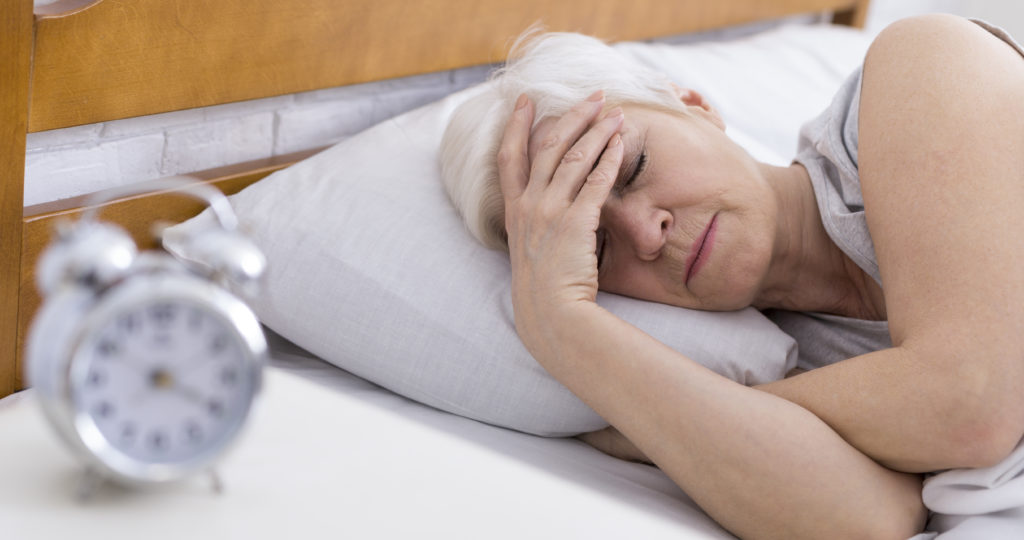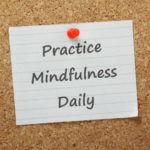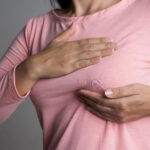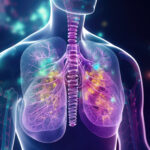
Fatigue is common in people with cancer, but it’s different for each person. While one person may feel too tired to even get out of bed, another may be able continue working and do most of the things they’ve always done. Fatigue might get better after treatment ends for some, but last many months after treatment for others.
https://www.cancer.org/treatment/treatments-and-side-effects/physical-side-effects/fatigue/managing-cancer-related-fatigue.html
Fatigue can be difficult to describe. Some people describe low energy. Others state they are tired all the time and are unable to focus. Some feel weak. Others experience a lack of desire to do anything. Others have difficulty sleeping, and some sleep too much.
Fatigue in cancer patients may be caused by many different things. Some cancer treatments contribute to fatigue. Related problems like anemia, dehydration, insomnia, pain, trouble breathing, and decreased activity all contribute to fatigue. Many medications can contribute to fatigue. Fatigue is also common in patients with advanced cancer even if they are off treatment.
At times fatigue may be confused with depression. People who are depressed are unable to feel joy and often feel unworthy. Whether a patient is struggling with depression or fatigue from other causes, your treatment team may have specific recommendations.
Here are some general suggestions:
Get plenty of rest
- Go to bed earlier and sleep later
- Don’t fight fatigue
- Don’t drink caffeine at night
Plan and delegate activities
- Limit and prioritize
- Don’t try to keep up with your normal activity level
- Accept help from friends and family
Manage your stress
- Support from your team can address anxiety, depression, and insomnia
- In addition to stress relieving activities and counseling support, medications may be helpful
Eat a balanced diet
- Eat small, well-balanced frequent meals
- Drink plenty of liquids
- Avoid fast food
- Cook double portions and freeze
- Get referred to a dietitian
Have a social life
- Limit it to conserve energy, but do those things that make you happy.
Exercise daily
- Regular, light exercise can go a long way in combating fatigue.
For further information, you may wish to visit the American Cancer Society (cancer.org) website listed above and these websites:
For More information on fatigue, read this







